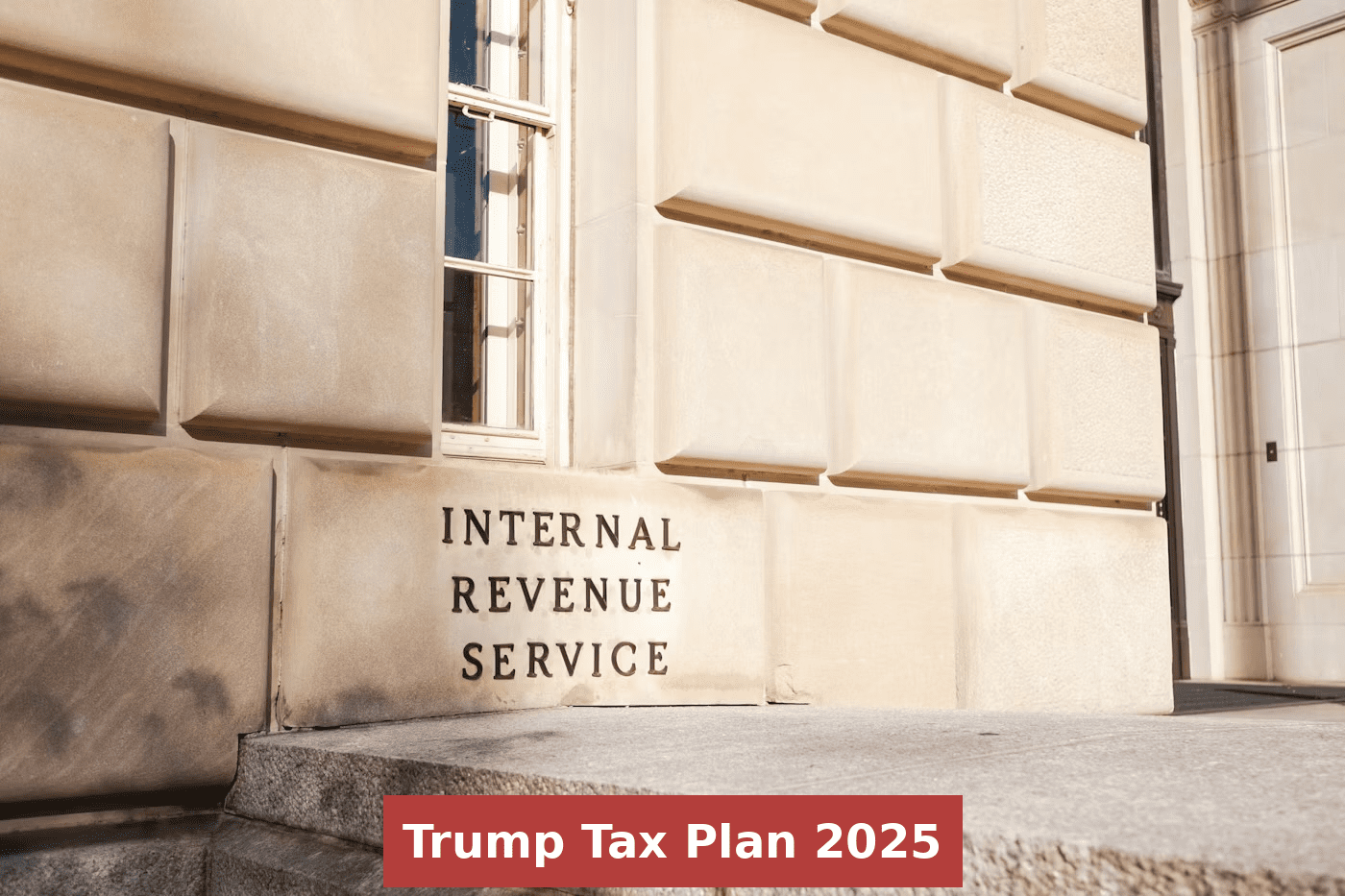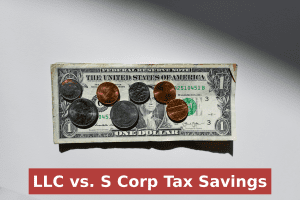President Donald Trump has released a sweeping set of proposed tax reforms. While these ideas are still proposals and not law, they offer a strong preview of where tax policy may head if Republicans regain control of the White House and Congress in 2025.
If you’re a business owner, high-income taxpayer, or real estate investor, this plan introduces opportunities — and risks — worth planning for now.
Let’s break down the major components and what they could mean for you.
1. 100% Bonus Depreciation Returns — Retroactive to January 20, 2025
One of the most impactful proposals is the return of 100% bonus depreciation.
This allows businesses to fully deduct the cost of qualifying property (machinery, vehicles, appliances, etc.) in the year the asset is placed in service. Under current law, bonus depreciation is scheduled to phase down from 60% in 2024 to 40% in 2025 — and eventually disappear. Trump’s plan would restore it to 100% and apply it retroactively to Jan 20, 2025.
Real Estate Angle:
Rental property owners could benefit significantly by conducting cost segregation studies, which reclassify parts of a building into 5-, 7-, or 15-year property — making them eligible for immediate expensing under bonus depreciation.
This could create large paper losses and allow real estate investors to offset active income — especially when paired with the STR loophole or REP status.
2. QBI Deduction Increased from 20% to 23%
The Qualified Business Income (QBI) deduction under Section 199A currently allows pass-through business owners (LLCs, S Corps, sole props) to deduct 20% of their net business income — subject to income limits and industry restrictions.
Trump proposes raising that deduction to 23%, effectively lowering the tax burden on qualified business income even further.
Example:
An S Corp owner making $150,000 in pass-through income would currently deduct $30,000 (20%). Under the proposed change, they could deduct $34,500 — a modest but meaningful difference.
Caution:
It’s unclear whether this expanded deduction would still include service businesses (doctors, lawyers, consultants) above the income thresholds, which are currently limited or phased out.
3. No Federal Taxes on Certain Income Types
The proposal eliminates federal income tax on select categories of income:
Tips Overtime pay Social Security benefits for seniors earning less than $75,000 Auto loan interest, up to $10,000, if the loan is on a U.S.-assembled vehicle
These changes aim to reduce tax burdens on wage earners and retirees — but they raise structural questions about how income thresholds will be calculated and enforced.
For now, treat this section as a political intention rather than an actionable strategy.
4. Expanded Child and Family Benefits
Trump’s plan proposes:
A larger Child Tax Credit An increased Standard Deduction — especially for senior taxpayers
While exact numbers haven’t been specified yet, these changes may reverse the sunset of several provisions from the 2017 Tax Cuts and Jobs Act (TCJA), which are scheduled to expire at the end of 2025.
5. MAGA Savings Accounts
A new proposal includes the creation of MAGA Savings Accounts — each newborn (2025–2028) would receive a $1,000 seed investment from the government.
While the name and structure are still conceptual, it appears to function like a government-seeded investment account for children — potentially similar to a Roth IRA or 529 in mechanics.
This part of the plan is largely symbolic and may face steep opposition in Congress due to budget implications.
6. SALT Deduction Cap Raised to $30K
One of the most eye-catching parts of Trump’s proposal is increasing the State and Local Tax (SALT) deduction cap from $10,000 to $30,000 for households earning less than $400,000.
This is a major benefit for high-tax states like New York, California, New Jersey, and Illinois, where state and property taxes often exceed the current cap.
But Here’s the Quiet Concern: PTE Workarounds May Be on the Chopping Block
Currently, many high-income taxpayers use Pass-Through Entity (PTE) tax elections to bypass the SALT cap at the entity level. These elections are state-based and allow the business to pay tax directly (which is fully deductible) instead of flowing through to the individual return.
Why it matters:
If the SALT cap is lifted to $30,000 and the IRS or Congress eliminates PTE workarounds as part of simplification efforts, this could create new planning challenges for high earners with large pass-through income.
In other words, while the SALT cap increase sounds generous, the elimination of PTE workarounds could quietly take away one of the most powerful state-level tax strategies currently available.
This is especially relevant in states like CA, NY, NJ, and IL — where PTE elections have become standard strategy for S Corp and partnership clients.
What This Means for You
This proposed plan — while still unofficial — outlines a pro-business, pro-depreciation, and pro-income-reduction framework. But it also raises new strategic questions:
Should you delay capital purchases until 2025 to capture 100% bonus depreciation? Should you accelerate certain payments or deductions into 2024, before phase-outs or reforms begin? Should you prepare for PTE workaround elimination by reviewing your state’s rules now? Should you consider entity restructuring if QBI deductions or SALT caps change?
At Taxfully, we’re already planning for multiple legislative scenarios with clients so that no matter what passes — they’re ready.
Final Thoughts
Tax law is fluid, especially after elections.
But the businesses and investors who win — are the ones who plan before the law changes, not after.
Trump’s proposal, if passed, would reshape parts of the tax code again — but whether it’s signed into law or not, now is the time to audit your structure, review your depreciation planning, and prepare for what’s ahead.




